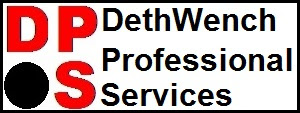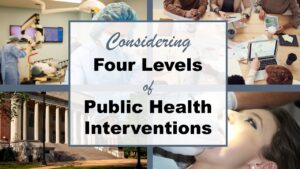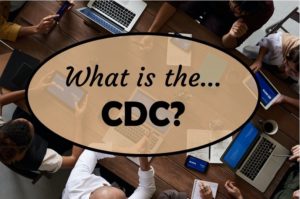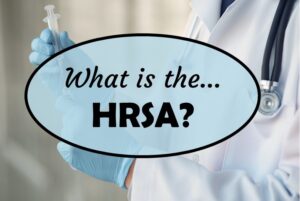“What is the NACCHO?” I asked with a giggle when I saw it talked about when I received APHA’s Friday Letter one week many years ago. It sounded like “nacho cheese”. I thought maybe I would want to join it!
But actually, the answer to “What is the NACCHO?” was much more complicated than I thought. It has more to do with the United States (US) government than anything else.
What is the NACCHO?
NACCHO, which is indeed pronounced like the cheese, actually stands for National Association of City and County Health Officials. If you are in public health, you realize if you enter the academic or private sector, you have no idea what is going on in public sector public health, and vice versa. As was highlighted in the COVID-19 epidemic, local public health departments – meaning ones at the county, city, and tribal levels – are populated with these “city and county health officials”.
So NACCHO is basically a professional society for people who work at these local health departments. Because I have rarely done a job like this, I have never been to one of their conferences or participated in their work. However, I have observed that sometimes you hear about policy positions coming out of NACCHO, so they have some important influence in big public health in the US.
What does the NACCHO do?
Since NACCHO is made up out of local health officials, it is focused on local health issues. Their “Our Work” web page points to the topics they care about: community health, environmental health, public health infrastructure and systems, and public health preparedness. But if you look across their menu, you will see what they actually do about these topics.
Essentially, as the professional society for these local health officials, their focus is typical: professional education and advocacy. Because of the nature of their members’ positions, NACCHO tends to emphasize the policy and advocacy side more. Still, if you get a job as a local health official, it’s a great idea to join NACCHO and become involved. You can learn a lot just doing that through working on projects and networking.
My Take on the NACCHO
I have not had any experience with NACCHO in my career because I have largely avoided working at local health departments. My short stint at the Department of Public Health at the Commonwealth of Massachusetts went terribly. This is because – not unlike other public health workplaces – the workplace itself was toxic.
I spoke recently with a connection on LinkedIn – a student going through an MPH program and wondering where he wanted to land for his career. I asked if he had considered working at a local health department, and he said he had interned at one, so he knew what they were like. His response to a permanent job there was something like “I’d rather die” than work at a local public health department.
My take on NACCHO is that they are not very powerful, because if they were, these local health departments would not have toxic working environments. They would be able to do something about it. I contrast them to the American Nurses Association (ANA), which is actively lobbying for a better work environment for nurses. They sometimes win gains.
But I have not seen much success from NACCHO in the past on this. Today, I looked all over their web site for what they are doing to try to improve public health leadership so these departments are not so toxic. I found policies about loan repayment for training a workforce, but literally nothing on protecting our workforce from harassment, threats, bullying, and other problems I have seen in these terrible environments coming from leadership. And after the pandemic, I only foresee challenges in hiring our next local public health workforce, so without a commitment to dealing with these toxic work environments, I don’t see them making much progress.
Updated April 8, 2022.
Read all the public health alphabet soup posts, and learn about the public health landscape!
You may already know that NACCHO is NOT cheese – but what is it? It’s a professional society for local public health officials. Read my blog post to learn what NACCHO does, and who it serves.






















